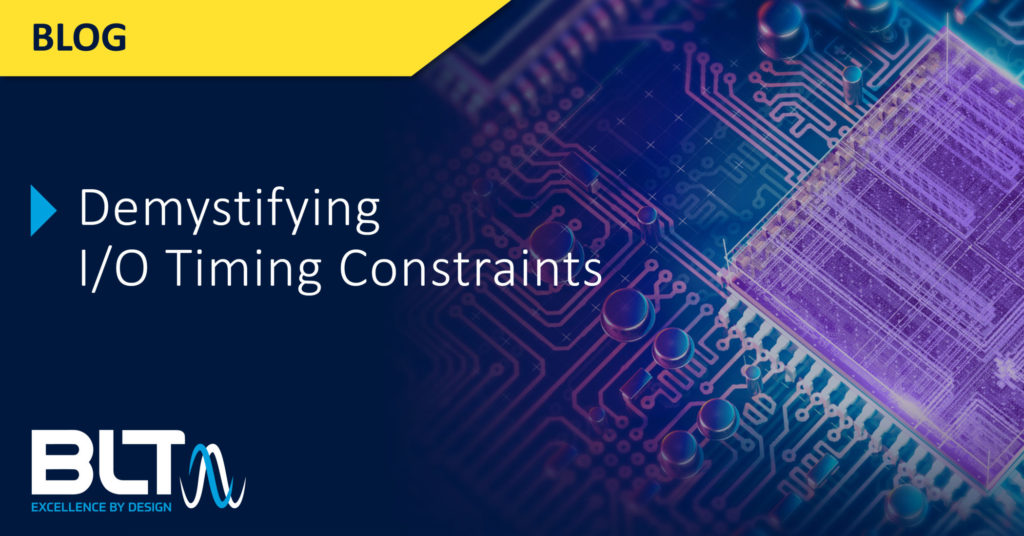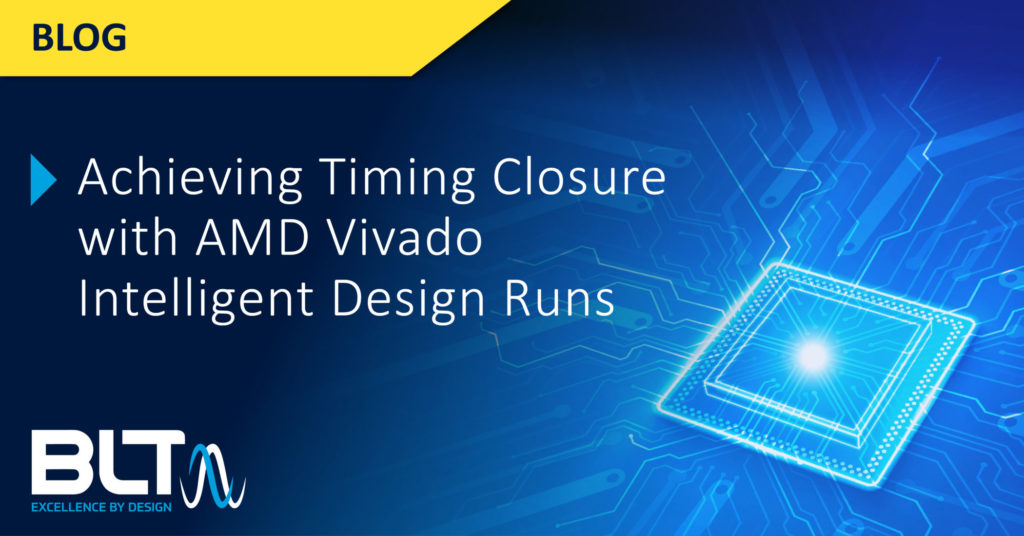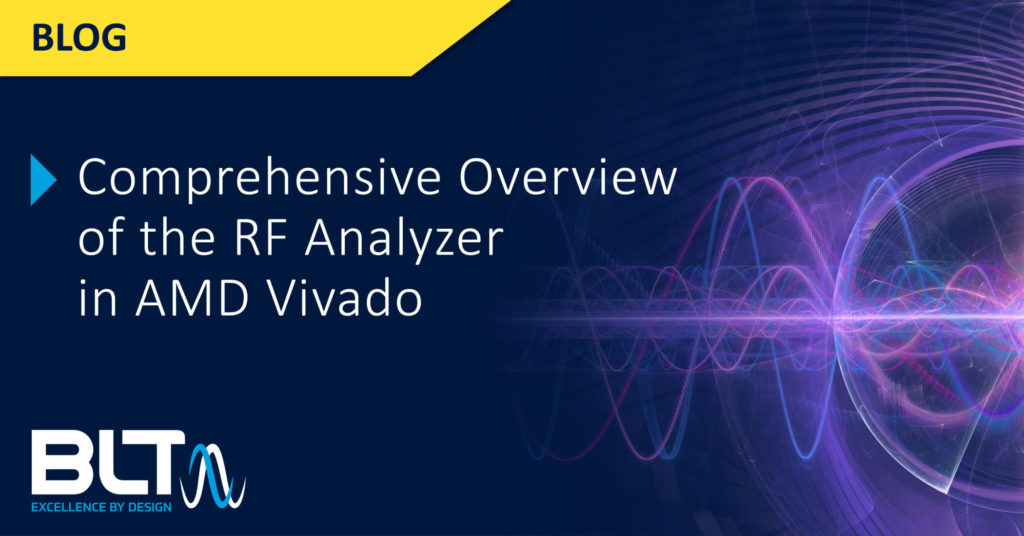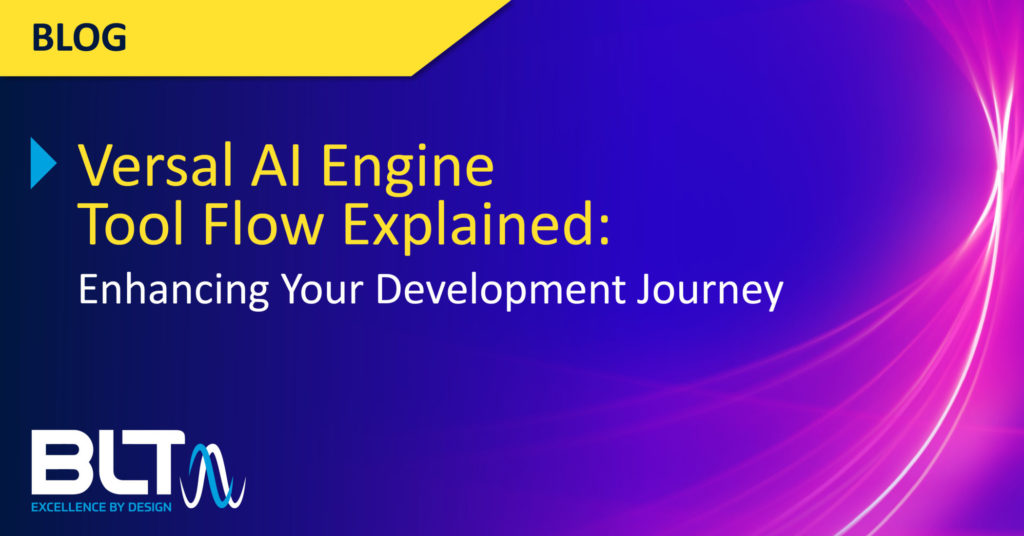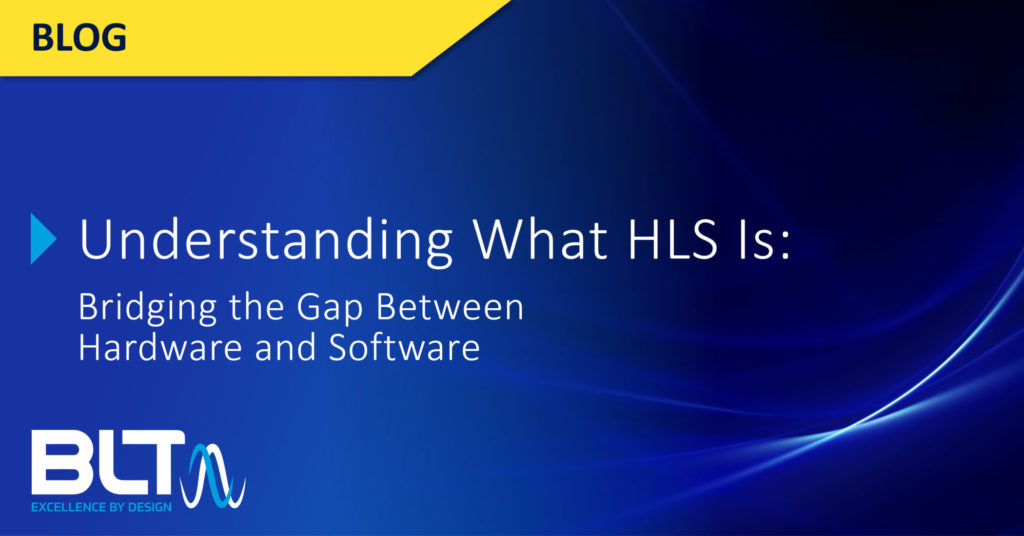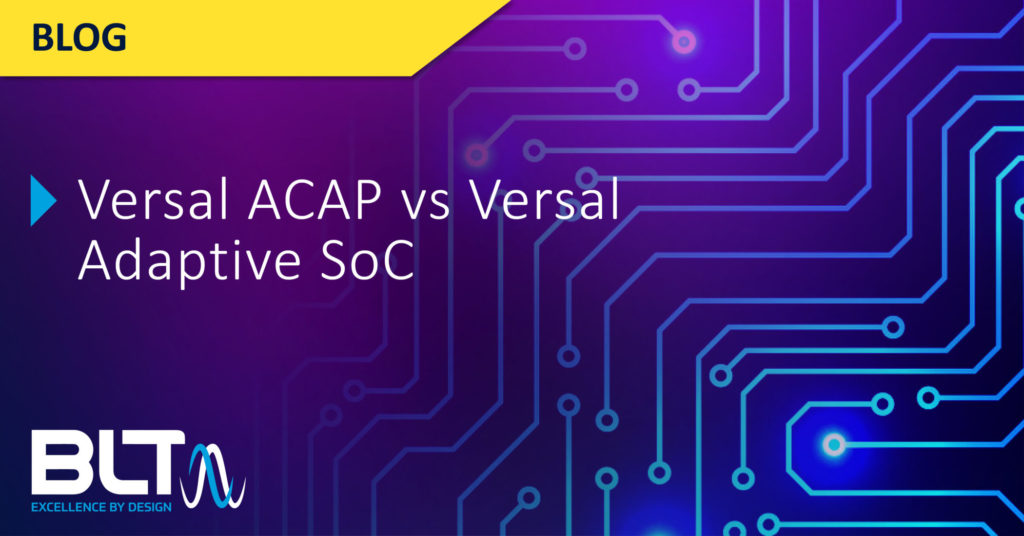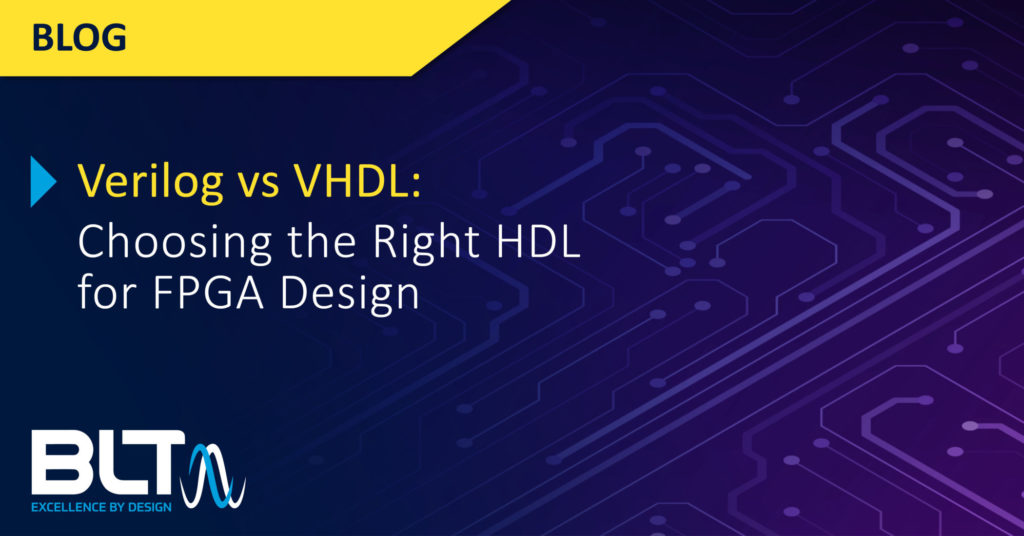
Verilog vs VHDL: Choosing the Right HDL for FPGA Design
The two dominant hardware description languages (HDLs), Verilog and VHDL, are both well-established, widely supported, and capable of describing complex digital systems. While each language can be used to create functionally identical hardware, they differ significantly in syntax, style, and design philosophy. When developing FPGA designs, selecting the right HDL is one of the first … Continued
